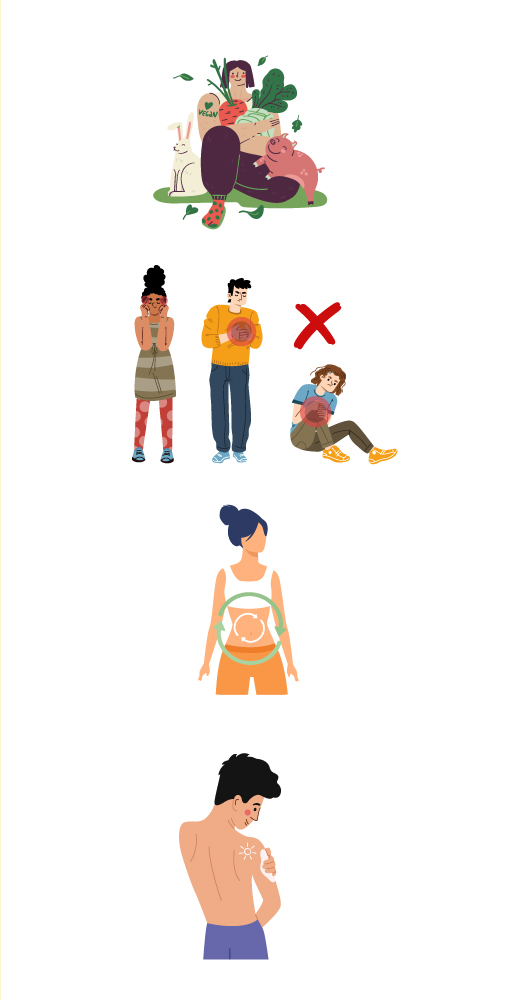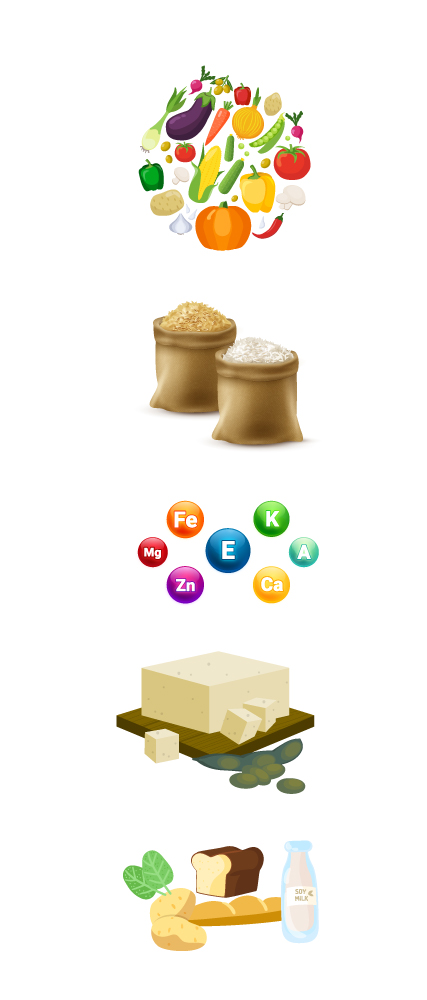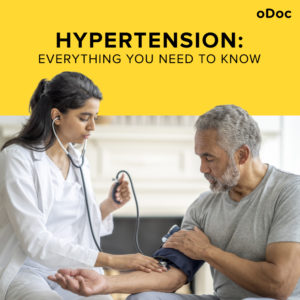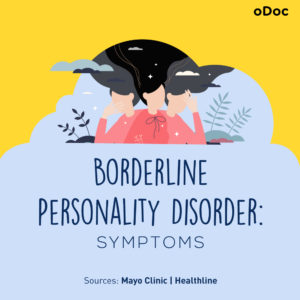
How to Keep Work Stress from Taking Over Your Life
How to Keep Work Stress from Taking Over Your Life In today’s fast-paced and competitive world, work stress has become an all-too-common problem that affects
You’ve been wanting to become a vegan, but you don’t know where to start. Fret not, we got you!
Veganism is a way of living in which you avoid, as much as possible, all forms of animal exploitation and cruelty. Therefore, veganism covers beyond your diet and includes any form of consumption relating to the use of animals. It’s a way of life.
Did you know? The number of people following a vegan diet has increased by 350% over the last decade.
It might feel refreshing to try something new like a vegan diet but it’s essential to know the ethics surrounding veganism. In other words, it’s best to know why it’s practiced.
1.True vegans believe that all creatures have a right to life and freedom. Simply because, they believe all conscious beings don’t want to endure any suffering, both psychological and physical.
Therefore, vegan consumption doesn’t only extend to meat but also to the animals’ milk, eggs, honey, silk, etc.
2. Some opt for vegan food for its health benefits. Generally, diets high in meat are linked to various diseases like cholesterol, type 2 diabetes, etc. Whereas plant-based meals are proven to be helpful to prevent these chronic diseases. Not just that, vegan food also comes with benefits like improved digestion, prevention of Alzheimer, hormone-related conditions and obesity.
Having said that, a vegan diet can also reduce the chance of consuming a range of key nutrients like vitamin B12, vitamin D, calcium, zinc, iron, iodine, etc. This is why it’s key to talk to a nutritionist to help you plan better. This way, you have a healthier vegan lifestyle, with all the benefits included.
We have listed some of the highly valued nutritionists in the country on ODoc. To connect with them at your most convenient times, download the ODoc app here.
Meanwhile, this is our guide to improving your vegan diet in the meantime.


Finding vegan food can feel like an extreme sport at times. Especially, due to the price hikes and less availability of vegan ingredients.
In the beginning, you may feel your vegan diet is restrictive. It’s okay, all you need is a perspective shift. Instead of thinking about what you are not eating, always ask yourself: What else can I eat?
Here are some of our recommendations:
With the help of a nutritionist, a better vegan balanced diet and extensive meal options are highly accessible. Speak to a nutritionist for more details from the safety and comfort of your home via oDoc today!
Sources

How to Keep Work Stress from Taking Over Your Life In today’s fast-paced and competitive world, work stress has become an all-too-common problem that affects

Hypertension: Everything You Need to Know Hypertension, commonly known as high blood pressure, is a chronic medical condition that affects a significant portion of the

Understanding Borderline Personality Disorder: Symptoms, Causes, and Treatment. Borderline Personality Disorder (BPD) is a mental health disorder characterised by instability in mood, behaviour, and relationships.
இப்போது மருத்துவ குறிப்புகளை உடனுக்குடன் உங்கள் இன்பாக்ஸ் இல் பெற்றுக்கொள்ளுங்கள்.